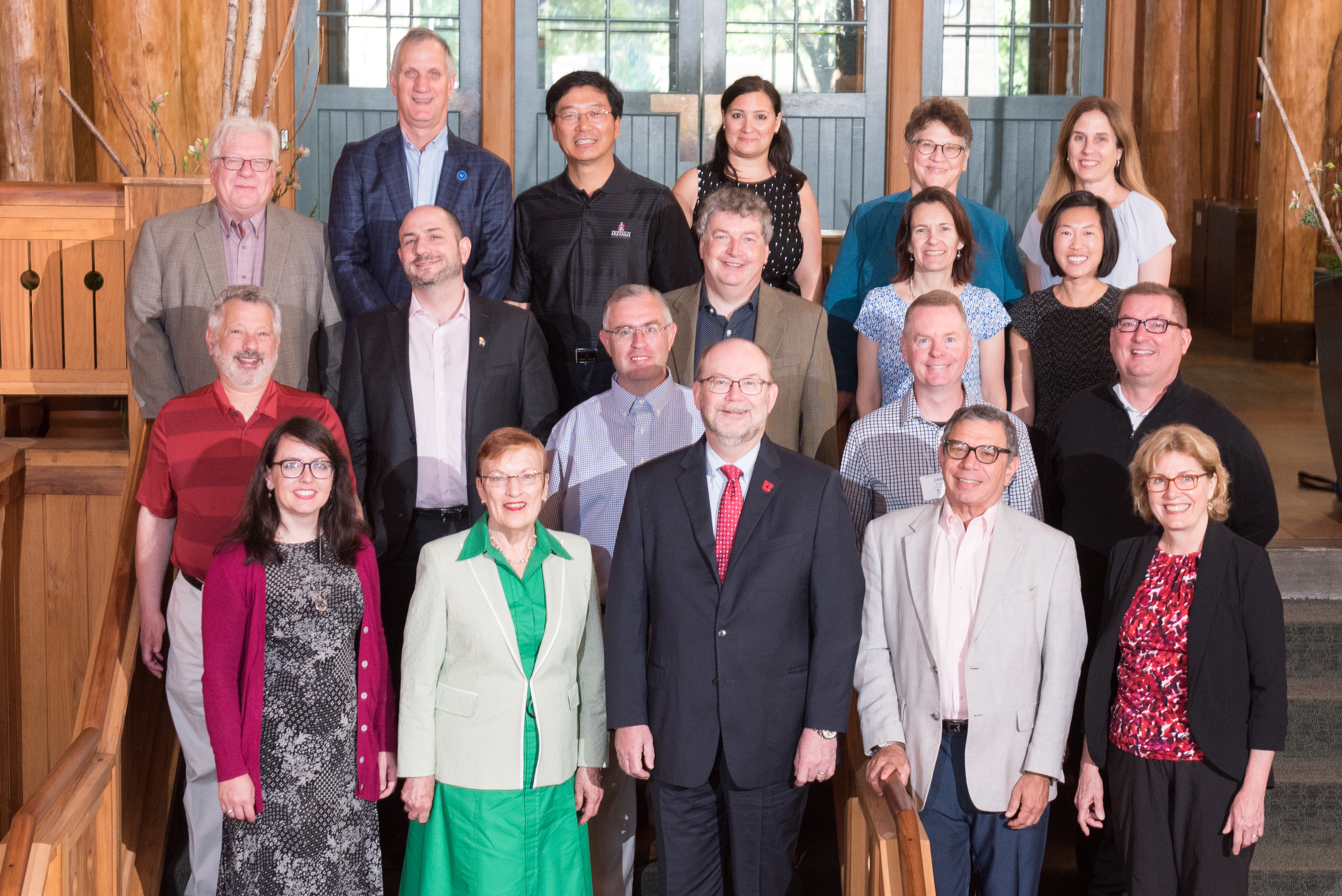Journal Programs and Cross-Disciplinary Research
DOI:
https://doi.org/10.17161/merrill.2019.13290Abstract
In order for innovative cross-disciplinary research to find its audience, it must be easily discovered by scholars, professional practitioners, and the public. Journal publishing programs in libraries operate under the principle that investment in open access publishing of quality peer-reviewed research is the best way to make that research visible to a global audience and to shift control of publishing from commercial entities to the academy. Library publishers are therefore not constrained, as commercial publishers are, by the need to publish only research that will ensure a profit. This means that library publishing programs can provide a home for cross-disciplinary journals that break new ground and that may take time to find an audience.
The lack of a profit imperative for library publishing programs also means that the platform for hosting journals is provided to journals at little or no cost, which makes library publishing very attractive to editors looking for a place to publish a new journal. Once the infrastructure is operational, the cost to add a new journal to the system is negligible because the costs of maintaining the technology are already covered. This lowers the financial barriers to starting new journals, allowing editors to focus on the task of finding and publishing excellent peer-reviewed research instead of fundraising.
Journal platforms used by library publishers are designed so that journals published on those systems automatically follow best practices and standards, such as those outlined by the Open Archives Initiative Protocol for Metadata Harvesting (OAI-MPH) that make the content readily discoverable by internet search engines. These platforms also integrate the use of machine-readable licenses that clearly indicate how the content can be used. In addition to infrastructure that ensures visibility, library publishing programs benefit from existing library expertise in collaboration, technology, copyright, data management, scholarly publishing, information literacy, digital preservation, and the effective promotion of online research.
Downloads
Published
Issue
Section
License
Copyright is held by The University of Kansas Merrill Advanced Studies Center or individual author

